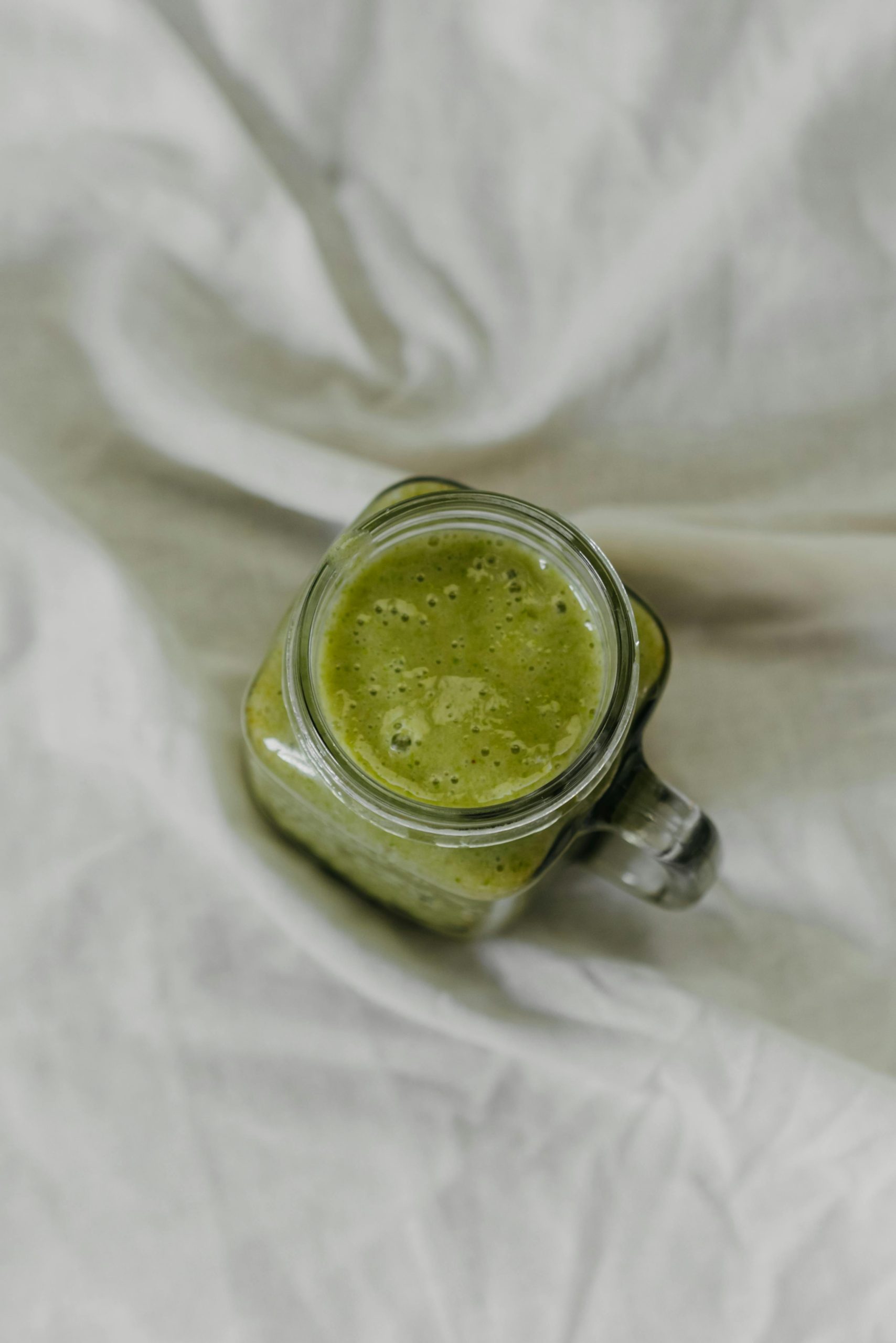Digestion is the cornerstone of good health, and a well-functioning gut plays a crucial role in everything from nutrient absorption to immune function. If you’ve ever experienced bloating, gas, or discomfort after meals, you know how important a healthy digestive system is. The good news? Certain foods can support gut health by promoting beneficial bacteria, easing digestion, and reducing inflammation. Here’s a guide to the best gut-friendly foods that can help you feel your best.
1. Fermented Foods for a Healthy Gut Microbiome
Fermented foods are packed with probiotics—live bacteria that support a balanced gut microbiome. A diverse microbiome is linked to better digestion, improved immunity, and even mental well-being. Here are some of the best options:
- Yogurt: Choose plain, unsweetened yogurt with live cultures to avoid added sugars that can harm gut bacteria.
- Sauerkraut: Fermented cabbage is rich in fiber and probiotics, making it a digestive powerhouse.
- Kimchi: This spicy Korean side dish contains probiotics and antioxidants that support gut health.
- Kefir: A fermented milk drink packed with more probiotic strains than yogurt.
- Miso: A fermented soybean paste that adds umami flavor to soups and sauces while aiding digestion.
Including a variety of fermented foods in your diet can help maintain a healthy balance of gut bacteria and improve digestion.
2. High-Fiber Foods to Keep Digestion Moving
Fiber is essential for digestive health, as it adds bulk to stool and feeds beneficial gut bacteria. There are two types of fiber—soluble and insoluble—and both play important roles in digestion.
Soluble Fiber
Soluble fiber dissolves in water, forming a gel-like substance that slows digestion and helps regulate blood sugar. Great sources include:
- Oats
- Apples
- Chia seeds
- Beans and lentils
Insoluble Fiber
Insoluble fiber doesn’t dissolve in water and helps move food through the digestive tract. Find it in:
- Whole grains (brown rice, quinoa)
- Nuts and seeds
- Vegetables like carrots and celery
Aim for at least 25-30 grams of fiber per day to support regular bowel movements and a healthy gut.
3. Anti-Inflammatory Foods to Soothe the Gut
Chronic inflammation can damage the gut lining, leading to digestive issues like bloating and discomfort. Incorporating anti-inflammatory foods can help soothe the digestive tract and promote healing.
- Ginger: Known for its ability to ease nausea and reduce inflammation in the gut.
- Turmeric: Contains curcumin, a compound with powerful anti-inflammatory properties.
- Bone broth: Rich in collagen and amino acids that support gut lining repair.
- Fatty fish: Salmon, mackerel, and sardines provide omega-3s, which reduce inflammation.
- Leafy greens: Spinach, kale, and Swiss chard are packed with antioxidants that protect gut health.
Adding these foods to your diet can help reduce gut irritation and improve overall digestion.
4. Hydrating Foods for Smooth Digestion
Dehydration can lead to constipation and sluggish digestion. While drinking water is essential, certain foods also contribute to hydration and digestive ease.
- Cucumbers: Made up of 95% water, they help keep digestion smooth.
- Watermelon: A hydrating fruit that also contains fiber for digestion.
- Celery: High in water content and natural electrolytes.
- Zucchini: Another water-rich vegetable that’s gentle on the stomach.
Pairing these hydrating foods with plenty of water ensures your digestive system functions optimally.
5. Prebiotic Foods to Feed Good Bacteria
Prebiotics are non-digestible fibers that act as food for probiotics, helping them thrive in your gut. Including prebiotic-rich foods ensures your beneficial bacteria stay nourished.
- Garlic: Contains inulin, a prebiotic fiber that supports gut bacteria.
- Onions: Another great source of inulin and other gut-friendly compounds.
- Bananas: Slightly underripe bananas are rich in resistant starch, a prebiotic.
- Asparagus: Packed with inulin and antioxidants.
- Jerusalem artichokes: One of the best sources of prebiotic fiber.
Combining prebiotic foods with probiotics creates a synergistic effect for better gut health.
Conclusion
A healthy gut is the foundation of overall well-being, and the right foods can make a significant difference. By incorporating fermented foods, fiber-rich options, anti-inflammatory ingredients, hydrating choices, and prebiotics into your diet, you can support digestion and improve gut health naturally. Start small—try adding one or two gut-friendly foods to your meals each day—and notice how your body responds. Over time, these choices can lead to better digestion, increased energy, and a happier gut.


